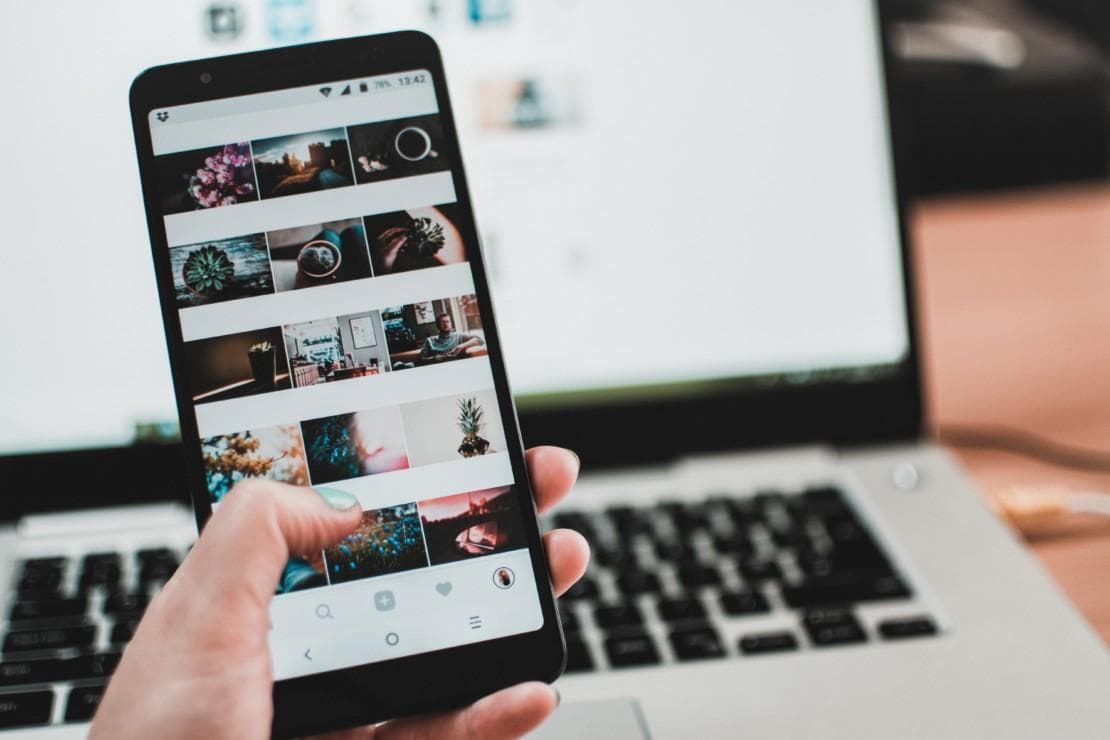25May2021
Exclusive NBR Interview:
In their quest to find ways to thrive, far too few organizations are paying attention to interpersonal influence as a tool to bring people together and get things done.
Thinking about influence, two types of people typically come to mind.
The first stereotype is the social media celebrity with six-figure follower lists in YouTube and Instagram who gets paid by big brands to promote stuff in their posts, generating uncontrolled willingness to buy.
The other stereotype is the old-school used car salesman who smooth-talks and manipulates anyone into believing that the rustic but expensive late 1980’s Saab on the lot is, after his thorough research and verifying calls to colleagues, exactly the ideal vehicle for you.
While using psychology to influence customers has always been acceptable, if not exactly aspirational, most of us would cringe at using the same tactics to influence employees, or colleagues, or friends. It’s just not done. But actually it is, and we’re doing it all the time.
Just ask Zoë Chance, persuasion expert and professor at Yale School of Management. She thinks interpersonal influence is one of the keys for leaders and companies looking for that ultimate competitive advantage. “Businesses are really underestimating the power of interpersonal influence even though it’s actually how everything runs”, Zoë Chance explains.

Photo of Zoë Chance.
Interpersonal skills can help people and organizations do better
In her research on influence and persuasion, Zoë Chance has discovered that successful leaders can’t actually forceanyone to do anything. People have to want to do what the organization needs – this means that the reality of the modern leader’s job is that it should be focused on influence and persuasion.
While it isn’t being discussed, implicitly, the importance is being recognized. It’s not a coincidence that influence roles are highly compensated. In the corporate world, the best salespeople are often rewarded with the highest income – surpassing even the CEO’s. “And the people who are best at interpersonal influence are rising to the top”, Zoë Chance says.
As employees are promoted to senior management, they do less data gathering, analysis, reporting, and other work based on rational thinking. Instead, they put more emphasis on skills like sales and public speaking – relationships and communication. An organization’s success depends on the influence skills of its leaders.
Acknowledging the power of influence
The benefits of interpersonal influence seem undeniable, but there is still plenty of ambivalence about it. Zoë Chance’s research reveals that even though the wheels are turning, we are still waiting for the ultimate death of a used car salesman.
“Almost everybody wants to be more influential, but when I ask them what they think about influence strategies or influence techniques, they react negatively”, Zoë Chance reflects. “Those are still regarded as sneaky, manipulative and aversive. It’s as if we want to have influence but don’t want to actually do it.”
Interpersonal influence is how our entire species has survived from the beginning of time. We do that with most of our day, and certainly most of our work. But much of it is subconscious and goes unnoticed. Corporate executives and other successful people see themselves as rational decision makers – making smart choices that are backed by undeniable facts.
According to Zoë Chance, they’re deluded. Everyone reacts first with emotions and gut feeling. Only after that, the matter gets reviewed and the decision that has, more or less, already been made, weighed against the realities. This subjective reality means all of us are receptive to influence, whether we want to be or not.
Influencing starts with changing your own approach
Deep down, influencing is about connecting with people in a way that creates a comfortable, receptive environment to pay attention to right things. The question is about right timing, obstacle removing, asking the right questions and such – pretty understandable hands-on issues for competent leaders, once they have been laid on the table.
While clear to implement and not overly expensive to invest in, interpersonal influence sounds like something every leader should carry in the daily toolbox. What is the big obstacle to utilizing this opportunity on a much larger scale?
“At home and in school, we have been taught to be co-operative and compliant, and to avoid disruption”, Zoë Chance explains. “We learn to be good and to wait for our rewards. Praises and grades. But once we enter the work world, there’s no one focused on our development, or on making sure we get treated fairly, because they’re busy with their own work. So we need to reset our expectations about what we need to do, and how to achieve our goals. A reset and pivot need to happen.”
We need to make a mindset shift so that we can feel good about influencing other people – as well as acknowledge the fact that they are influencing us. Plenty of work remains, but as Zoë Chance mentions, it all starts with recognizing the current situation – and understanding that something needs to be done to change it.
“We are like fish not noticing the water we are swimming in. We don’t perceive influence because it is everywhere.”
Zoë Chance will speak about Influence Strategies for Positive Impact at Nordic Business Forum on 29 September.


